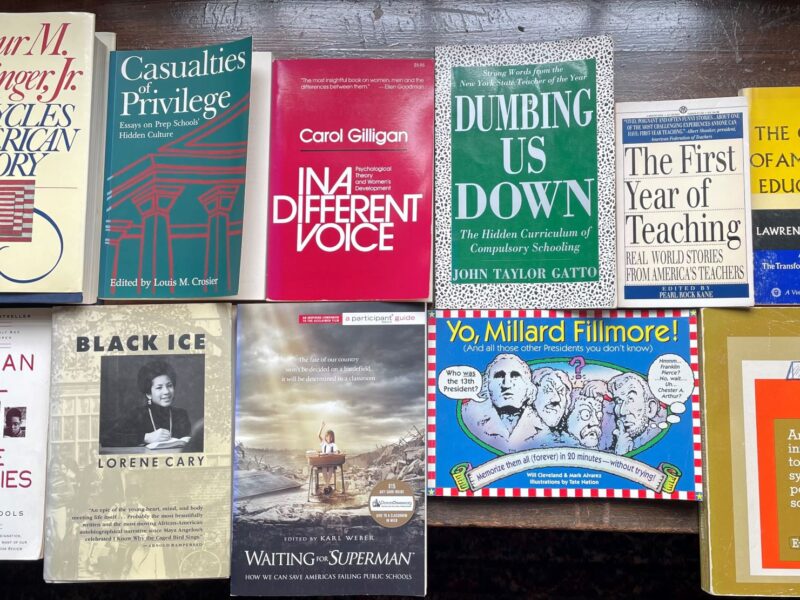“People who pay full price never complain. It’s the feller you try to give something to that you can’t ever please.” – Will Rogers, American Humorist (1879-1935)
When I stand before an audience of new college parents, I can be assured of the fact that these parents represent a wide spectrum of financial means. For some, maybe the majority, the cost of the college will be incredibly taxing, a monumental challenge. However, there will also likely be some parents present for whom it’s simply a matter of pulling out the checkbook and writing a check without a moment’s thought. Regardless of where you fall on the spectrum of financial means, it is important for your son or daughter to have some “skin in the game.” Everybody I have spoken with and all the studies I’ve observed strongly suggest that students who have some financial responsibility for their education will likely perform better than those who don’t.
One sentiment I heard regularly expressed in my interviews was along the lines of how “College is so expensive these days that there’s absolutely no way a kid could work their way through college as some in my generation did.” Some of the strongest proponents of this viewpoint were, in fact, parents who had indeed worked their own way through college. While there’s no question that it’s expensive, my discussions revealed some exceptions to the current conventional wisdom.
In fact, I was surprised to encounter some circumstances of individuals who navigated their way to a college degree completely on their own and without crushing student loans after it was all over. They tended to enroll in state universities and they just made it happen in their own ways on whatever schedules suited their circumstances, in defiance of common paradigms of how one is “supposed” to do college.
For example, they might have held down jobs as much as they studied, thereby stretching the experience over 5-6 or more years. To the casual observer, they may have looked more like working people who happened to be taking a few classes as opposed to college students working part time, but they obviously didn’t care. For them, the 4-year “norm” meant nothing. As one observed, “Hey, it’s not like there are any jobs out there for college grads anyway.”
I also learned of students who combined military service with their college educations, earning credits and/or scholarships in the process. Some of these folks went this route after a failed first attempt at college, mixing a bit of the “School of Hard Knocks” into their educations. I must say, a number of these folks exhibit impressive profiles today, some even more so than some of their peers who did college in the traditional 4-year straight shot. (Think about it, which candidate might look more impressive at a job interview?)
These examples are not intended to minimize the magnitude of today’s costs. In fact, over the years some of my advice to high school seniors has changed in light of this cost. In the past when the idea of taking a year off before starting college would come up, I tended to advise against it. I felt that kids should just take the plunge and get on with it. (Perhaps I was influenced by my own experience that featured two very mediocre years at the start followed by a much stronger finish.) Today I tend to regularly tell kids and families on the fence to consider doing something else for a while. There are far less expensive places to go if you need to find yourself for a while.
As a child of the 60’s, I still chuckle whenever I see the film Animal House and hear John Belushi sigh, “Seven years of college down the drain…” Today I think seven years can actually be a good strategy, provided it’s intentional from the start.
It only took a few interviews with parents to learn that there are as many ways to pay for college – and as many ways to get your child to participate in that responsibility – as there are college families. To be sure, I observed some common themes, but each and every family seems to put a unique spin on some aspect of the ordeal. This chapter offers stories and anecdotes describing some of the approaches I encountered.
Onward, Malcolm Gauld


